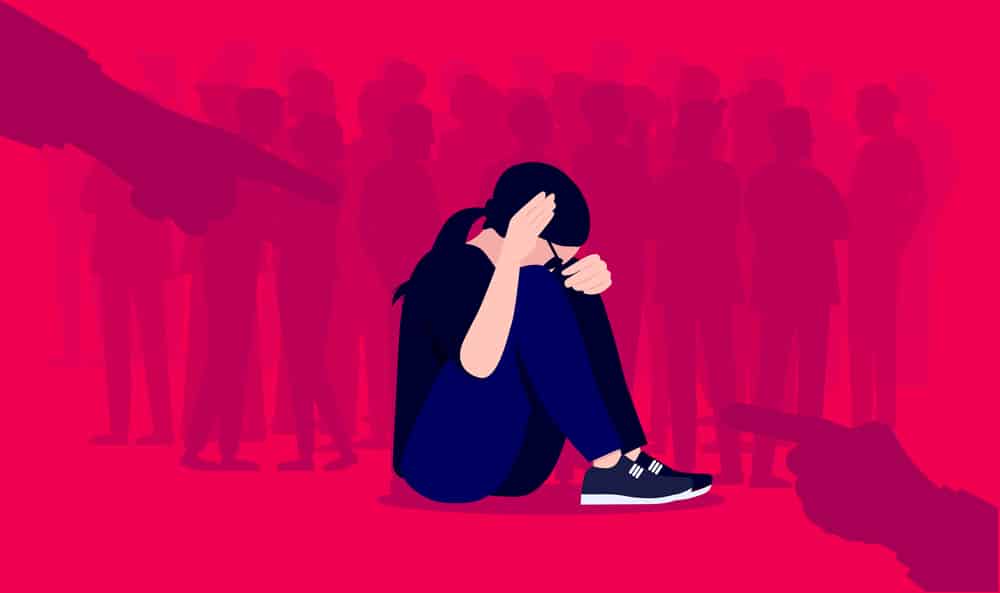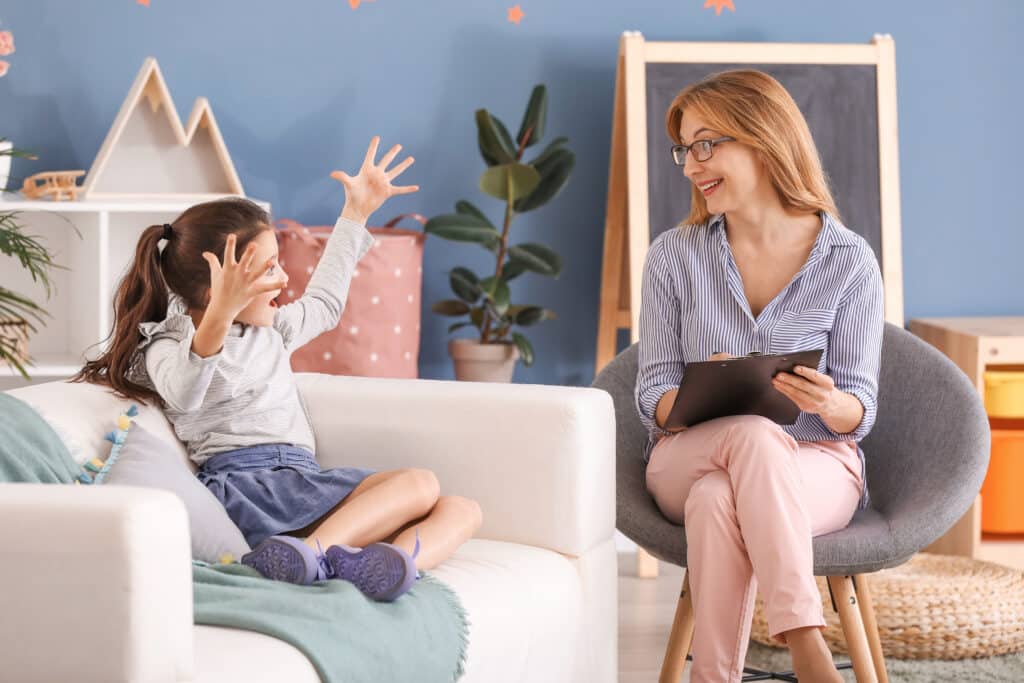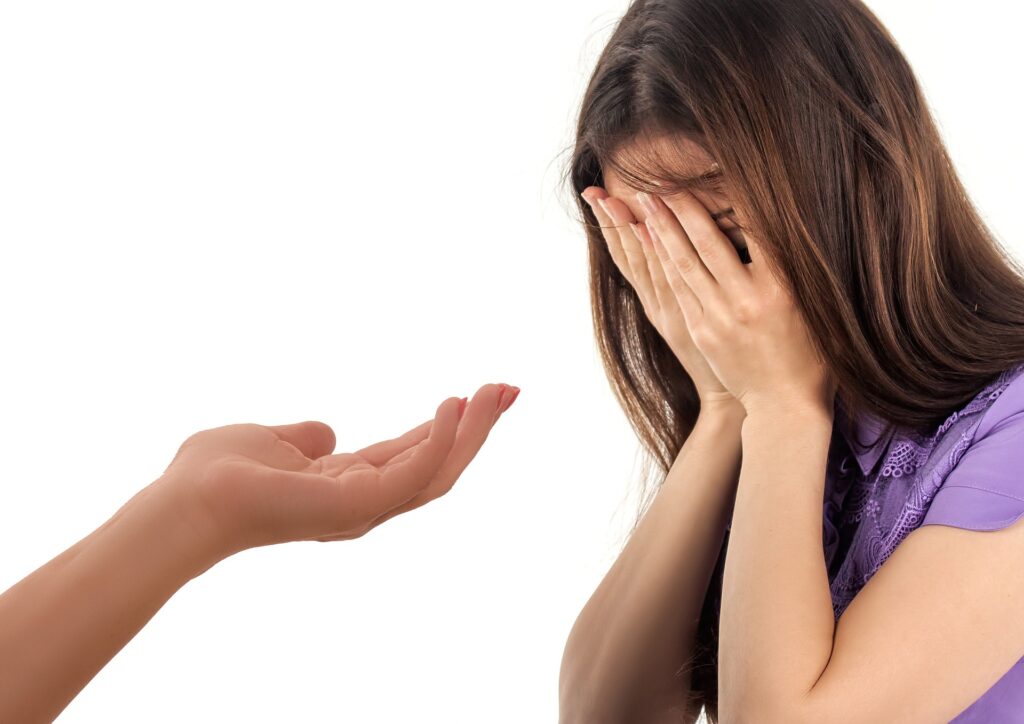
Anxiety is a mental health condition that can affect people of all ages and often times you will see anxiety in children. Some children experience shyness during changes but anxiety can be more debilitating and should be taken seriously. Our therapists with Ogden Psychological Services can help children with a variety of mental health problems and help them learn healthy coping skills. There are some things that you as a parent or adult can do to help anxiety in children.
The Difference Between Shyness and Anxiety
While each share some similarities, shyness often includes passiveness and uncertainty, while anxiety is more debilitating and revolves around making decisions or how people are perceived in social situations.
Social anxiety is usually confused with shyness but it should be handled differently. People with anxiety feel deep inadequacy and can come with symptoms like shaking, nausea, sweating, rapid heart rate, panic attacks, blanking out, headaches, and more. Shyness is more situational, but anxiety lasts long after the person or situation is gone.
Utilize Relaxation Strategies
Proper breathing techniques and relaxation can help anxiety in children, especially for those who are having panic attacks. Working to calm the child down in a situation of panic can help them learn how to calm themselves down in the future.
Counting to five while breathing in, holding it for five counts, and then breathing out for five counts will help restore normal breathing patterns and heart rate.
Write Down Worries Or Fears

Having a physical place to put their worries can help them see that there is a holding place beside their head. Writing things down can help us relieve our brains from the constant thoughts and store them on paper. A journal or even just slips of paper can help a child express their feelings in a safe way.
Our therapists often encourage children and teens to write in a journal. This helps them to look at the situation and write down all their feelings in between therapy sessions. This can be helpful in reframing an anxiety-ridden situation or help them look back on how much they have grown.
Help Stop Intrusive Thoughts
Working with a child to stop intrusive thoughts can help them learn which thoughts are irrational and which thoughts can keep them safe. Anxiety often makes people think that the situation is much worse than it actually is and thus causes panic attacks and intrusive thoughts that can cause irrational actions. Those children who have experienced trauma may feel anxious when put in similar situations. Helping them know they are safe now and reminding them who is there for them can help stop panic attacks or anxiety symptoms.
Movement And Physical Activity
The best thing for handling anxiety in children is to get their bodies moving. Getting kids out and about and exercising can help children who struggle with anxiety. Physical activity helps release good hormones in the brain and can help children have an outlet for emotions. Having an outlet for emotions and something that can help them to socialize safely can help improve their anxiety.
Respect Their Feelings, But Don’t Empower Them
Children will need someone to empathize with them and help them know that experiencing emotions is normal. But, removing children or teens from every situation that makes them anxious will show them that they can avoid everything is not a helpful coping mechanism.
Parents or other adults can help children by validating their emotions and sitting with them in their pain, but also help push them to learn how to set new boundaries, and work through situations with their anxiety.
Work With Ogden Psychological Services

Ogden Psychological Services works to help limit anxiety in children and provide them with coping mechanisms. Our therapists can help with individual counseling or group counseling to help them navigate their thoughts and feel less alone. Therapy can be a great outlet for letting out emotions and a therapist can help them professionally analyze them.
Our therapists handle a variety of mental health issues and can help patients learn coping mechanisms. We listen to your goals and aspirations and help you to set action goals to achieve them. Our therapists can help with bullying, and limiting stress, and will all be based on age and understanding. Before you leave your mental health or your child’s to their own devices, contact our therapists to see if we are a good fit.
